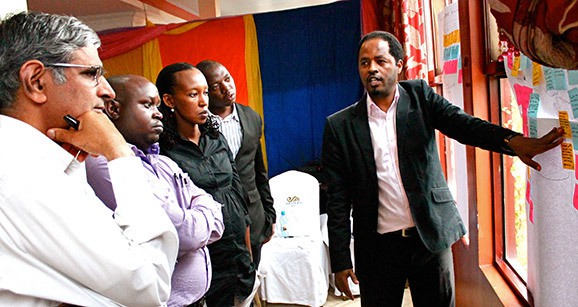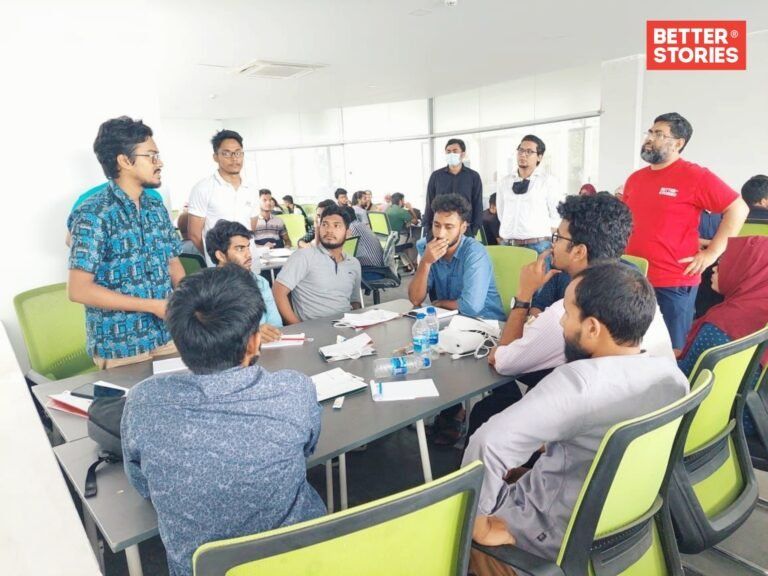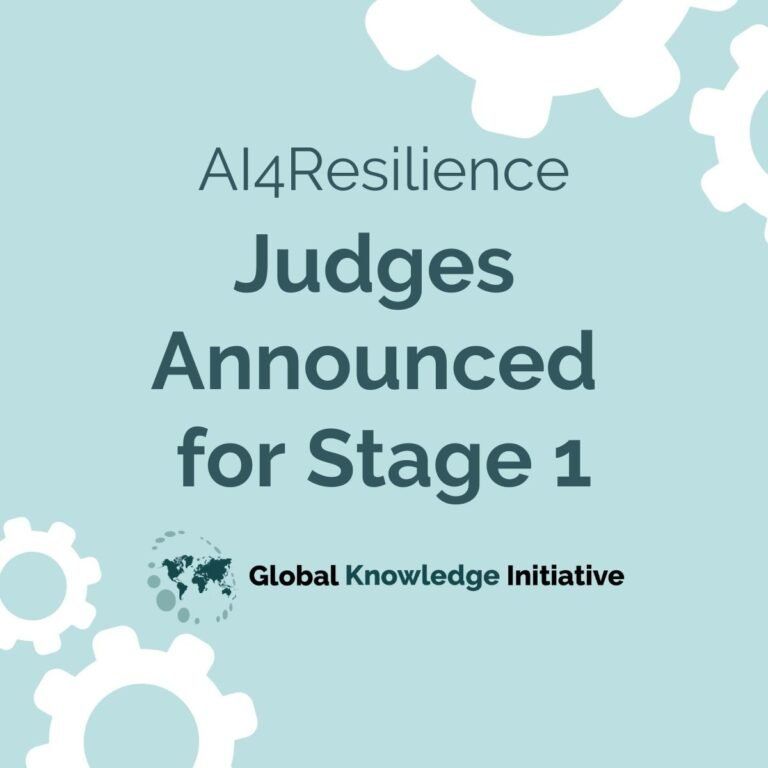The Global Knowledge Initiative’s Innovation Policy and Strategy Practice Grows: Rwanda Offers a Case Study

How do you know if a policy on science, technology, and innovation is working? What’s the best way to account for science’s role in a nation’s march to progress? How can you structure a new governing body to assure the contribution of technology and innovation to economic growth? Over the course of 18 months, the Global Knowledge Initiative worked with the Government of Rwanda to answer these questions through policy and strategy articulation, emblematic of GKI’s growing innovation policy and strategy practice.
Previously, in 2005, Rwanda released its foundational National Science, Technology and Innovation Policy. Committed to investing in science, technology and innovation (STI) to spur economic growth and achieve middle-income country status by 2020, the Government of Rwanda aimed its policy toward building capacity, investing in infrastructure and using STI-related activities to transform both the economy and social sectors. Seven years later, still striding toward its middle-income status goal, the Rwandan government reached out to The United Nations Economic Commission for Africa (UNECA) to analyze the effectiveness of the STI policy.
In partnership with UNECA and the Government of Rwanda, the Global Knowledge Initiative set out to conduct a formal review of the STI Policy to assess how policy objectives were implemented on the ground, and what successes or gaps existed in the implementation. Through its unique approach to policy and strategy work, GKI led a two year innovation policy and strategy initiative that resulted in (1) a comprehensive STI Policy Review, (2) formulation of a new National STI Implementation Strategy, and (3) an Institutional Strategy for the newly developed National Commission of Science and Technology.
GKI’s innovation policy and strategy practice centers around three key design principles: a participatory approach, an innovation systems perspective, and human-centered design. In conducting its inquiries, GKI sought to draw information from a diverse set of stakeholder-beyond researchers and government officials-thereby providing broader insight into the benefit of and challenges to STI priorities as they relate to the needs of everyday people. Using an innovation systems lens, GKI focused its inquiry into more than just the policies and strategies, taking into account the enabling environment, key actors and interactions to generate a rich understanding of the context for innovation and the opportunities that exist. Finally, GKI adopted a human centered design approach in framing the new policy implementation strategy, using an iterative problem solving mindset while empathizing with users across the innovation system.
These three design principles informed GKI’s work in Rwanda in each of the three innovation policy and strategy activities it undertook. For the National STI Policy Review, GKI worked with the Ministry of Education and UNECA through a process of analytic research, stakeholder interviews, surveys, and workshops to conduct a National STI Policy Review. The review produced deep insight into the appropriate policy indicators, critiques and suggestions for enhancements of the STI policy, and questions to consider for future policy reforms.

Building off of the policy review, GKI partnered again with the Ministry of Education and UNECA, gathering feedback and recommendations through multi-stakeholder engagement to help craft and develop a first-ever National STI Implementation Strategy for the updated STI Policy. The resultant Implementation Strategy clearly articulates performance goals, targets for achievement, incentives and governance structures needed for implementation.
In the third in this trio of policy and strategy endeavors GKI performed in Rwanda, the birth of a new National Commission of Science and Technology took center stage.
Looking forward, GKI welcomes the opportunity to partner with a range of actors – national governments, donor institutions, research institutions, networks and constituents – to design and review policy instruments that produce robust innovation systems.








